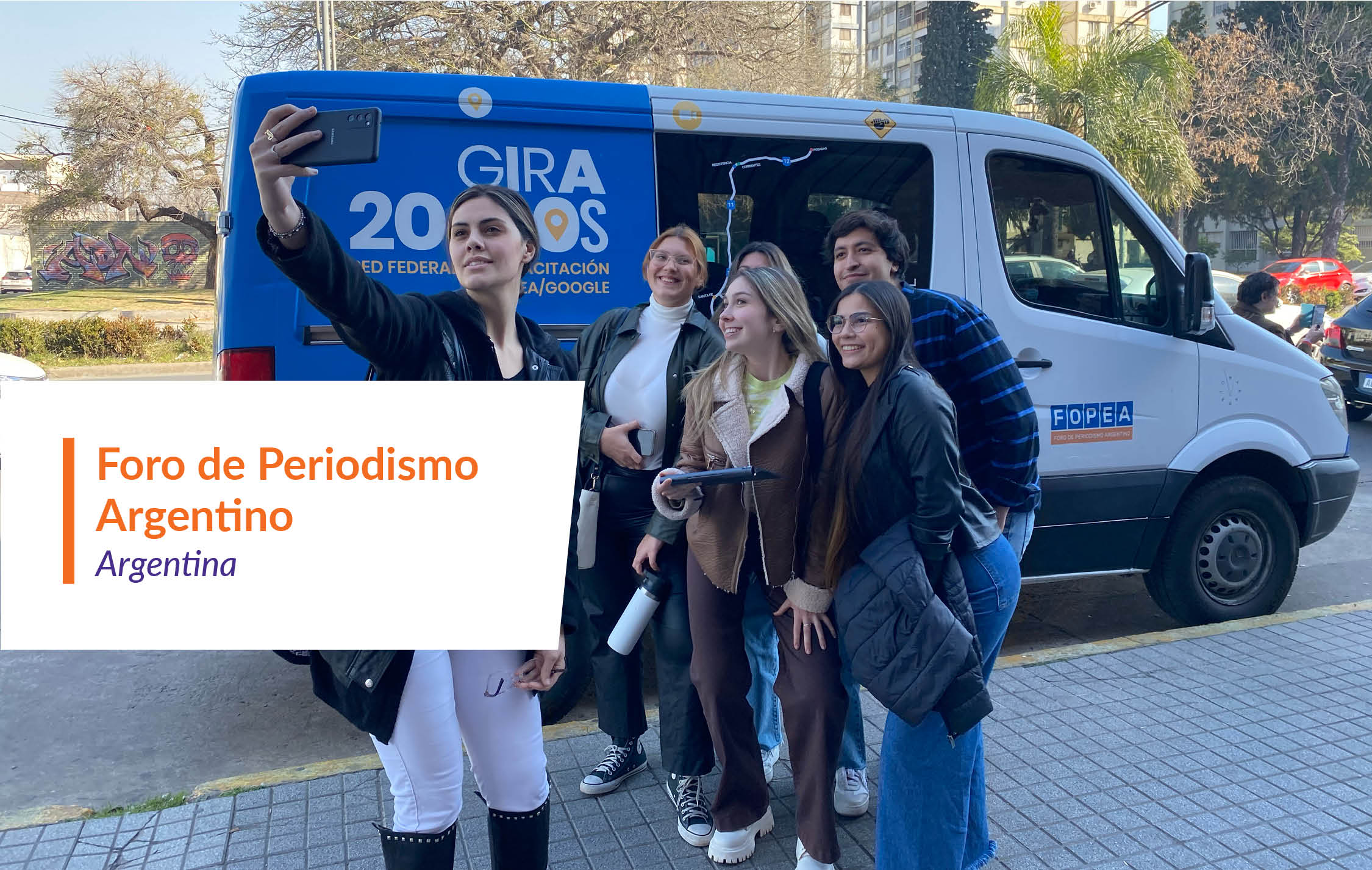Finalist
Media Information
Media and Journalism
Open Data
Share this
Contact information
www.desiertosinformativos.fopea.org
Facebook
Instagram
X
YouTube
LinkedIn

Local News Deserts: Mapping the loss of local media sources
The Problem
There is a growing loss of local journalism. This is not a problem exclusive to Argentina, but a global phenomenon linked to the media industry crisis and disappearance of printed media. The expansion of local news deserts contributes to the rise of polarization, hate speech, misinformation, and manipulations of public truth. It is one of the most potent threats to informed debate and the pursuit of the common good that characterizes democracies. Ultimately, the lack of access to local information prevents citizens from participating in crucial decisions for their access to fundamental human rights such as health, education, security, and a healthy environment, and from holding their leaders accountable. Although this trend has been evident for some time, as seen in reduced local news coverage, newsroom staff, and the resulting narrowed climate of press freedom, an investigation was needed to quantify the problem based on verifiable data.
The Approach
The Local News Desert project was launched in Argentina 2021, with the theory of change that understanding the implications of local news deserts is the beginning of the re-establishing local information ecosystems. FOPEA led a team of 27 journalists and investigators, who collected data from 560 departments and 24 districts. The research project was the first of its kind and covered Argentina’s entire territory and population. Results revealed the existence of news deserts even in major urban areas like Buenos Aires, emphasizing the pervasive nature of the issue and its impact on decision-making. The project employed six main activities, including comparative international research, methodology development, journalist recruitment, data processing, map design, and data visualization. Notably, the project prioritized accessibility, utilizing innovative techniques such as layering data and visualizations inspired by climate change research. They created an online, user-friendly platform which encourages engagement, comparison, and deeper understanding of the news desert phenomenon, aimed at empowering citizens with critical information. Over 600 journalists are associated with FOPEA.
The Impact
-
Unveiled crucial statistics such as the lack of regular reporting on renewable energy by 68% of local media and the non-disclosure of government revenue by 37%.
-
Inspired the creation of the "100 Good Practices for the Defense of Journalism" project, incorporating insights from local news desert research into actionable strategies.
-
Conducted a nationwide tour training journalists and producing a documentary to amplify awareness and advocacy efforts, reaching over 25 cities and thousands of participants.
-
Empowered vulnerable communities by addressing misinformation and promoting democratic values through informed decision-making.
The Future
FOPEA aims to combat local news deserts by fostering alliances and collaborations within Argentina and globally. Ongoing monitoring reveals a deteriorating environment for democratic dissent amidst elections and challenges posed by artificial intelligence. They plan to refine research standards and compare maps to track progress and setbacks, with efforts showing initial success in mitigating news deserts in Argentina.